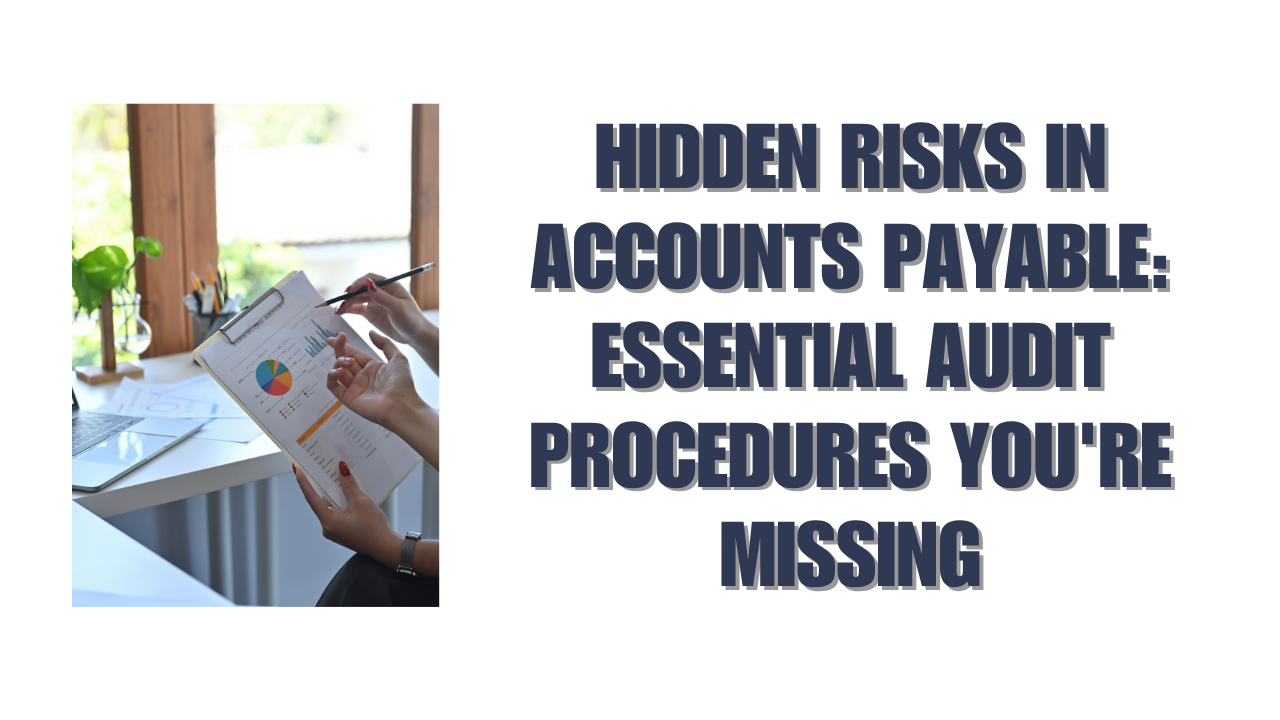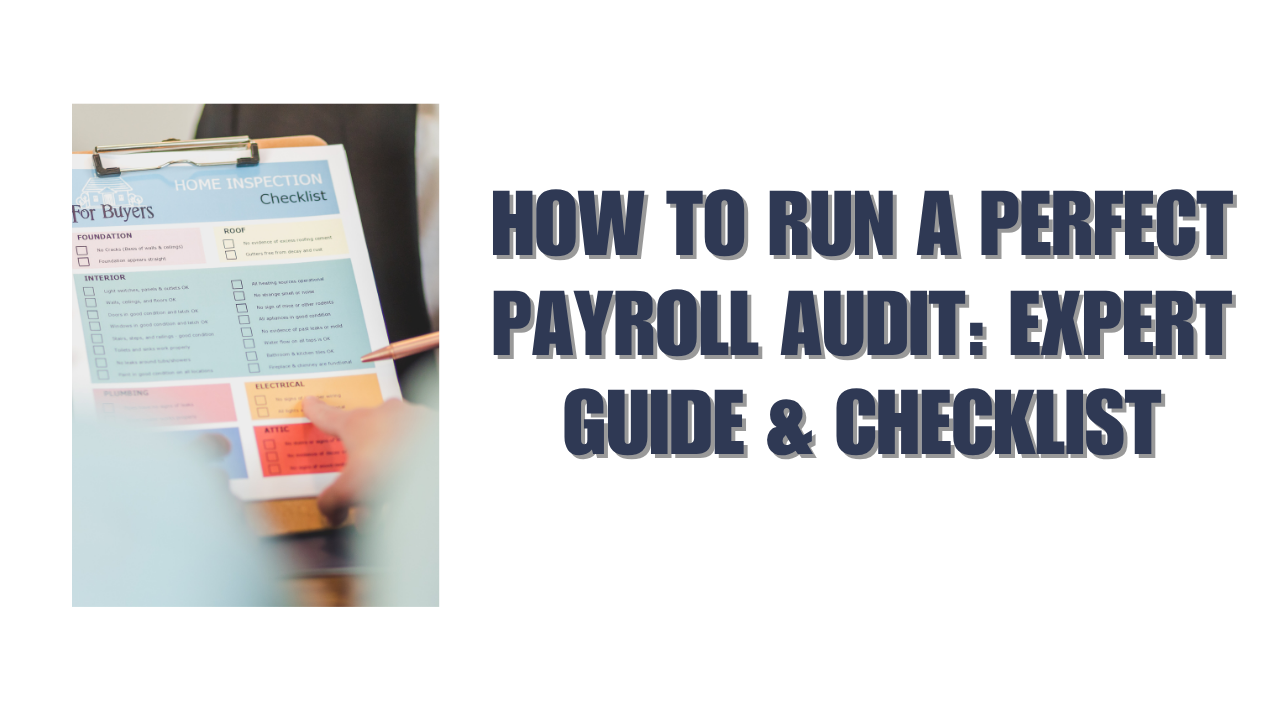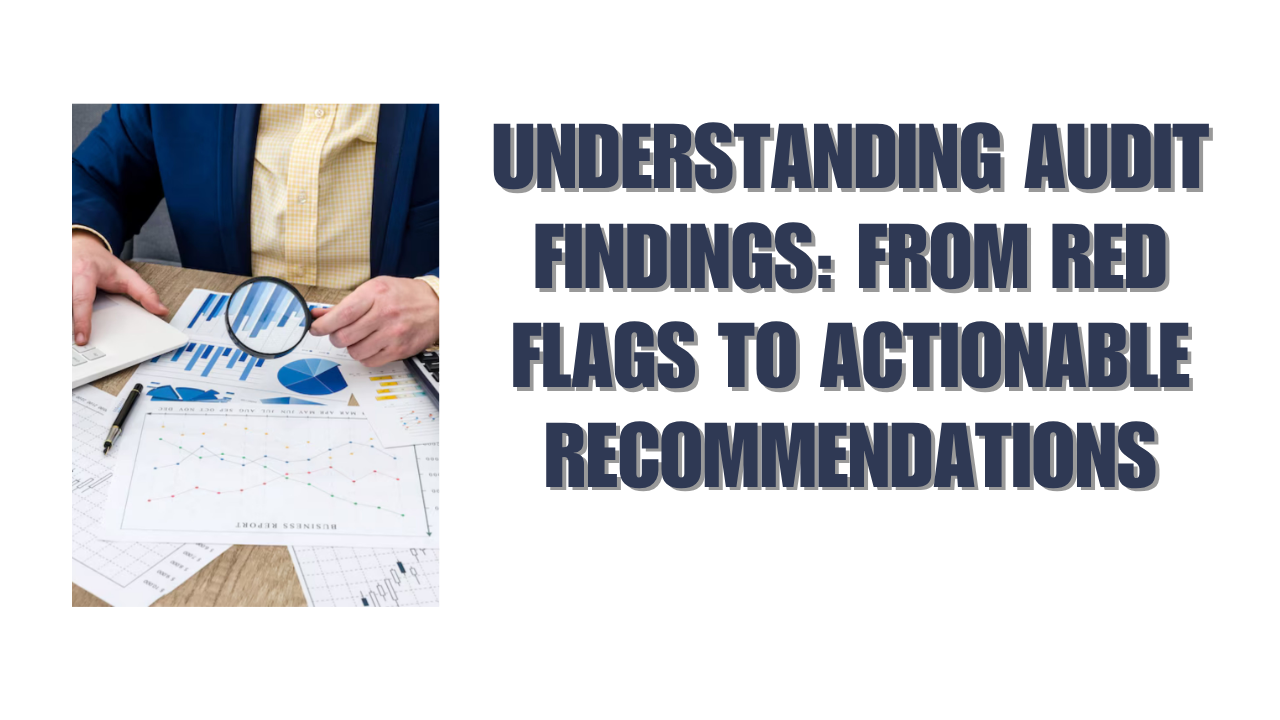Audit services are crucial for ensuring financial transparency, regulatory compliance, and risk management. Whether you’re a small business, a growing startup, or a large corporation, working with local audit firms can help maintain financial integrity and provide valuable insights into your operations.
At Aurora Financials, we specialize in remote auditing and accounting services, assisting businesses across New Zealand, including Christchurch and Hamilton. Our expert audit services help companies comply with financial regulations, prevent fraud, and optimize financial processes. This article explores key factors to consider when choosing an audit firm, the benefits of working with local audit firms, and how Aurora Financials provides expert auditing solutions.
Why Are Audits Important?
Audits play a critical role in maintaining financial accountability within an organization. Here are some key reasons why businesses need auditing:
- Regulatory Compliance – Audits ensure that financial records meet industry regulations and government standards, reducing legal risks.
- Fraud Prevention – Auditors identify inconsistencies and fraudulent activities, helping businesses safeguard their assets.
- Investor and Stakeholder Confidence – Transparent financial reporting increases trust among investors, lenders, and stakeholders.
- Improved Business Decisions – Audits provide detailed financial insights that aid in strategic planning and decision-making.
Key Factors to Consider When Choosing a Local Audit Firm
When selecting an audit firm, businesses should evaluate several factors to ensure they receive high-quality services. Here are the main considerations:
1. Industry Expertise
Not all local audit firms specialize in every industry. Some firms focus on specific sectors such as healthcare, retail, or manufacturing. Choose an audit firm that understands your industry’s regulatory requirements and financial challenges.
2. Range of Services
Different audit firms offer varying services, from financial audits to tax compliance and risk assessment. Consider whether the firm provides:
- Internal Audits – Evaluating internal controls and operational efficiency.
- External Audits – Ensuring compliance with financial reporting standards.
- Tax Audits – Reviewing tax filings and compliance with tax laws.
- Compliance Audits – Ensuring adherence to industry regulations.
- Forensic Audits – Investigating financial discrepancies and fraud.
3. Remote vs. In-Person Services
With advancements in technology, many businesses now prefer remote audit services. At Aurora Financials, we offer remote auditing solutions that provide the same level of accuracy and compliance as traditional in-person audits, allowing businesses to access top-tier auditing expertise without geographical limitations.
4. Reputation and Credentials
A reputable audit firm should have professional accreditations such as Certified Public Accountant (CPA) or Chartered Accountant (CA) certifications. Additionally, check client testimonials and reviews to gauge their credibility.
5. Technology and Tools
Modern auditing relies on advanced accounting software and data analytics. Choose a firm that uses AI-powered audit tools, cloud accounting software, and secure digital platforms to enhance accuracy and efficiency.
6. Cost and Transparency
Audit fees vary depending on the complexity of services. Ensure the firm provides a transparent pricing structure with no hidden fees.
Benefits of Working with Local Audit Firms
While some businesses may consider international firms, working with local audit firms offers unique advantages:
| Benefits | Description |
| Familiarity with Local Regulations | Local audit firms understand New Zealand’s tax laws, accounting standards, and compliance requirements. |
| Personalized Services | Businesses receive customized audit solutions tailored to their industry and operational needs. |
| Quicker Response Times | Local firms can address inquiries and audit concerns more efficiently. |
| Stronger Business Relationships | Building long-term partnerships with local auditors ensures continuity in financial management. |
Internal Audit vs. External Audit: What’s the Difference?
Businesses often require both internal and external audits, but these serve different purposes. Below is a comparison:
| Aspect | Internal Audit |
External Audit |
|---|---|---|
| Objective | Improve internal controls and efficiency | Verify financial accuracy and compliance |
| Conducted By | In-house audit team or outsourced firm | independent audit firm |
| Frequency | Ongoing process | Annually or as required |
| Regulatory Requirement | Not always mandatory | Often legally required |
| Focus | Identifying risks, improving processes | Providing financial assurance to stakeholders |
Common Audit Accountant Duties
Audit accountants play a crucial role in ensuring financial accuracy and compliance. Their main responsibilities include:
- Reviewing financial statements for accuracy and adherence to standards.
- Assessing internal controls and recommending improvements.
- Identifying risks and fraud indicators.
- Preparing audit reports and financial documentation.
- Ensuring compliance with tax regulations and reporting standards.
How Aurora Financials Delivers Expert Audit Services
At Aurora Financials, we offer comprehensive remote auditing and accounting solutions to businesses across New Zealand. Our services include:
- Internal and External Audits – Strengthening financial compliance and transparency.
- Tax Audit Services – Ensuring businesses meet New Zealand’s tax laws.
- Regulatory Compliance Audits – Helping companies adhere to industry-specific regulations.
- Risk Assessment and Fraud Prevention – Identifying financial vulnerabilities and mitigating risks.
- Financial Reporting Reviews – Ensuring accuracy in financial statements.
With our remote auditing expertise, businesses in Christchurch, Hamilton, and beyond can access top-tier audit solutions without the need for in-person consultations.
How Much Does an Audit Accountant Make?
Salaries for audit accountants vary based on experience, location, and certifications. Here’s a general breakdown:
| Experience Level | Average Salary in NZD |
|---|---|
| Entry-Level (0-2 years) | $55,000 – $70,000 |
| Mid-Level (3-5 years) | $70,000 – $90,000 |
| Senior-Level (6+ years) | $90,000 – $120,000+ |
Audit professionals with CPA or CA certifications tend to earn higher salaries due to their expertise and industry recognition.
Conclusion
Choosing the right local audit firms is essential for ensuring financial accuracy, regulatory compliance, and business efficiency. Factors such as industry expertise, services offered, technology adoption, and cost transparency should guide your decision.
At Aurora Financials, we provide expert remote audit services to businesses across New Zealand, including Christchurch and Hamilton. Our team of qualified accountants and auditors ensures that businesses maintain financial integrity while complying with New Zealand’s financial regulations.
For businesses looking for reliable and efficient audit services, Aurora Financials is the trusted partner for seamless, professional, and compliance-focused auditing solutions.
FAQs
1. What services do local audit firms offer?
Local audit firms provide internal audits, external audits, tax compliance, regulatory audits, and fraud detection services.
2. What is the difference between an internal audit and an external audit?
Internal audits focus on improving internal controls and efficiency, while external audits verify financial statements for compliance and accuracy.
3. How much does an audit accountant make in New Zealand?
Audit accountants earn between $55,000 and $120,000+ per year, depending on experience and certifications.
4. Why choose Aurora Financials for audit services?
Aurora Financials offers remote auditing and accounting solutions tailored to businesses across New Zealand, ensuring compliance, financial transparency, and risk management.






